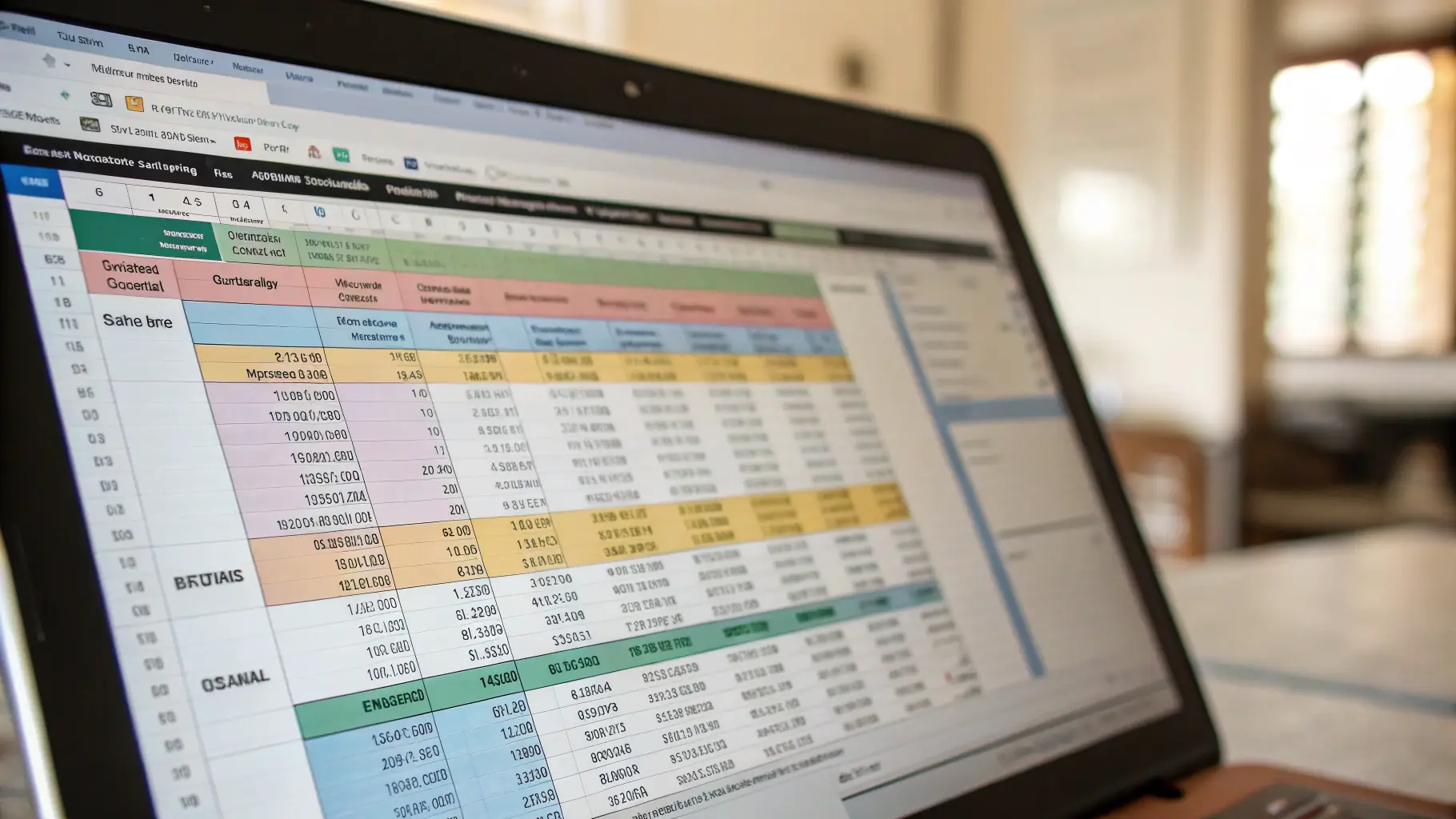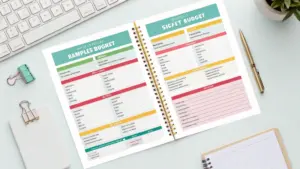Budgeting is a crucial aspect of financial management, enabling you to track your income and expenses, identify areas for improvement, and ultimately achieve your financial goals. A well-structured budget provides a clear roadmap for your financial journey, allowing you to make informed decisions and avoid unnecessary financial stress. Understanding your spending habits is the first step towards creating a successful budget. By analyzing your income and expenses, you can identify areas where you can cut back and allocate funds more effectively. Once you have a clear understanding of your financial situation, you can start developing a budget that aligns with your needs and goals. Consider your income sources and categorize your expenses into essential and discretionary categories. Essential expenses include housing, utilities, and food, while discretionary expenses include entertainment, dining out, and shopping. Prioritize essential expenses and allocate funds accordingly. This will help you stay on track and avoid overspending. Regularly reviewing and adjusting your budget is essential for maintaining financial stability. Life circumstances change, and your budget should adapt to those changes. Track your progress and identify any areas where you are overspending or undersaving. Make necessary adjustments to your budget to ensure it remains relevant and effective. By consistently monitoring your budget, you can make informed decisions and stay on track towards your financial goals.
Budgeting for Beginners: Essential Tips and Tricks
Discover essential tips and tricks for creating and maintaining a successful budget, even if you’re



